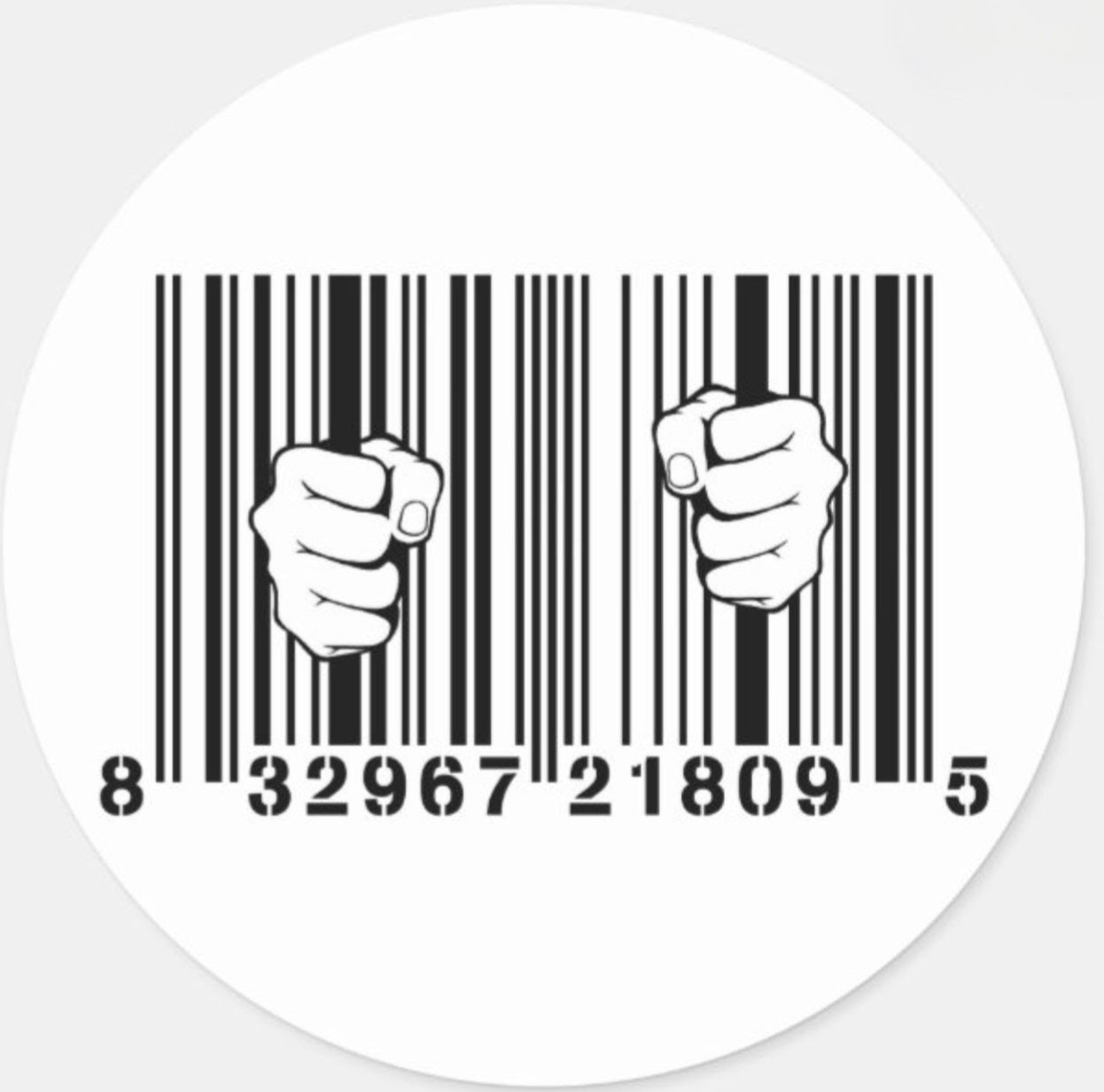

It’s still very meh. Like does anyone remember those visual studio wizards for doing something? AI tools are about that good, roughly. But the difference is, you still have to review everything with the AI tool because it’ll still make mistakes.
I use AI maybe once or twice a month, but it’s far from, replaced my snippets with Ctrl+H replacing keywords.








That’s correct. Reason why the inside track will usually be a song with less bass, etc…